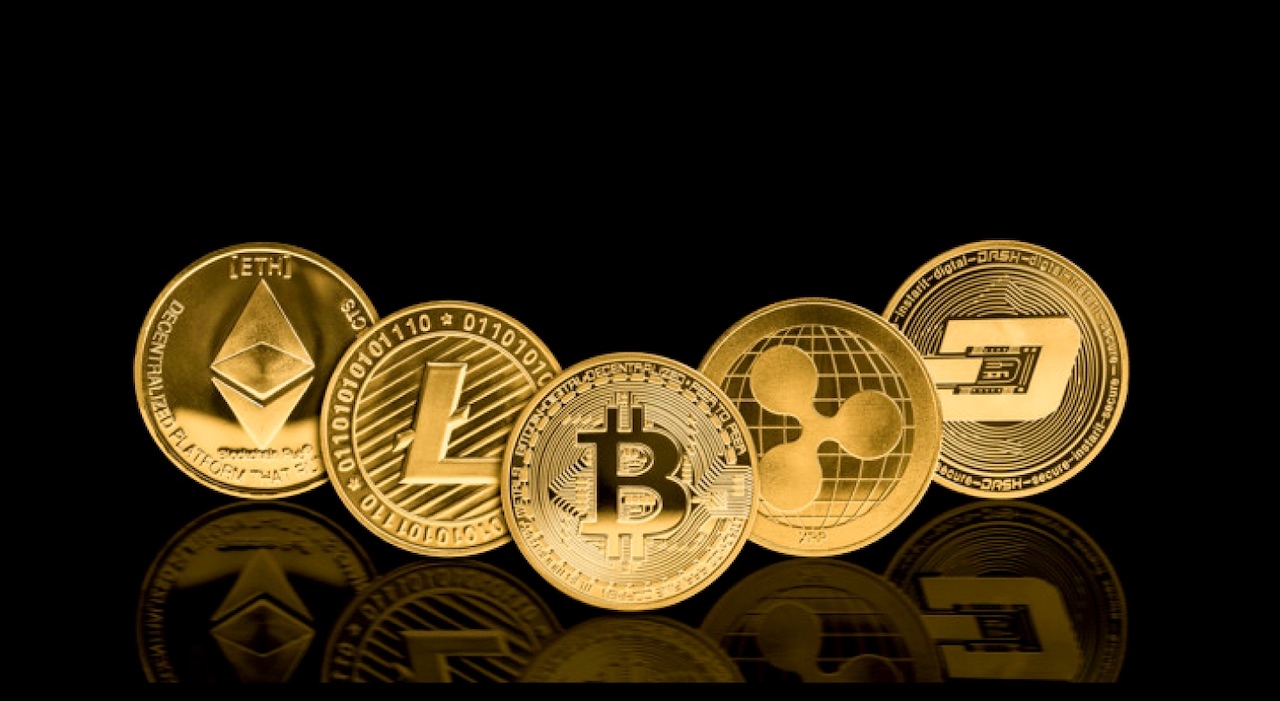What are all the cryptocurrencies
The market cap of bitcoin and other major cryptocurrenciesare are listed below from largest market capitalization to smallest. Cryptocurrencies are also known as coins or virtual currency https://iconicint.com/. The value of bitcoin is growing with time and is the largest currency by market cap currently. The currency data below is updated once every five minutes with the latest market cap data. Exchange rates for the currencies are shown in U.S. dollars. New coins are being brought to market via initial coin offerings frequently so expect the list of cryptocurrencies below to grow.
Cryptocurrency market capitalization (market cap) refers to the total value of a particular cryptocurrency that is currently in circulation. It is calculated by multiplying the current market price of a cryptocurrency by the total number of coins or tokens that have been issued. The total market capitalization of all cryptocurrencies for today is $3,483,735,942,412
One of the biggest winners is Axie Infinity — a Pokémon-inspired game where players collect Axies (NFTs of digital pets), breed and battle them against other players to earn Smooth Love Potion (SLP) — the in-game reward token. This game was extremely popular in developing countries like The Philippines, due to the level of income they could earn. Players in the Philippines can check the price of SLP to PHP today directly on CoinMarketCap.
Related Links Are you ready to learn more? Visit our glossary and crypto learning center. Are you interested in the scope of crypto assets? Investigate our list of cryptocurrency categories. Are you interested in knowing which the hottest dex pairs are currently?

Are all cryptocurrencies the same
Digital currencies do not have physical attributes and are available only in digital form. Transactions involving digital currencies are made using computers or electronic or digital wallets connected to the internet or designated networks. In contrast, physical currencies, such as banknotes and minted coins, are tangible, meaning they have definite physical attributes and characteristics. Transactions involving such currencies are made possible only when their holders have physical possession of these currencies.
Most digital currencies are created by issuing them on Ethereum or another blockchain capable of running smart contracts. The issuer must first decide how many tokens to issue, and any special rules that limit transactions or ownership. Once these choices are coded into the smart contract, the issuer pays a small amount of cryptocurrency to pay for the computational cost of issuing the tokens.
In simple words, not all digital currencies are cryptocurrencies, but all cryptocurrencies qualify as digital currencies. It is also important to note that the intricate differences between digital currencies and cryptocurrencies are crucial for regulators, investors, and users. A deep dive into the definition of both terms can help you find the ideal foundation for comparisons between them.

Digital currencies do not have physical attributes and are available only in digital form. Transactions involving digital currencies are made using computers or electronic or digital wallets connected to the internet or designated networks. In contrast, physical currencies, such as banknotes and minted coins, are tangible, meaning they have definite physical attributes and characteristics. Transactions involving such currencies are made possible only when their holders have physical possession of these currencies.
Most digital currencies are created by issuing them on Ethereum or another blockchain capable of running smart contracts. The issuer must first decide how many tokens to issue, and any special rules that limit transactions or ownership. Once these choices are coded into the smart contract, the issuer pays a small amount of cryptocurrency to pay for the computational cost of issuing the tokens.
Do all cryptocurrencies use blockchain
While cryptocurrency is the most well-known use of blockchain, not all blockchain systems involve crypto. Many businesses use blockchain for secure data management without relying on digital currencies.
Tokens are your VIP passes to specific blockchain projects or DApps. They often need another blockchain, like Ethereum, to operate. Coins, however, are the sovereign rulers of their own blockchain kingdoms, like Bitcoin and Ether.
When discussing crypto vs blockchain, it’s essential to understand the foundational elements of blockchain. Data is stored in “blocks,” which are cryptographically linked together. The system is decentralized, meaning no single entity has control. Instead, it’s a collective effort. The data is not just irreversible but also transparent, adding another layer of security.
Experts are looking into ways to apply blockchain to prevent fraud in voting. In theory, blockchain voting would allow people to submit votes that couldn’t be tampered with as well as would remove the need to have people manually collect and verify paper ballots.
